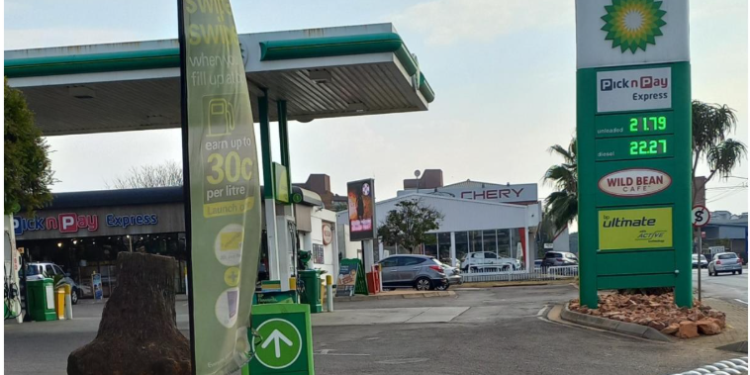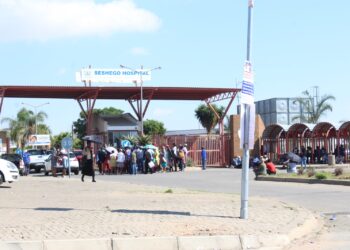As South Africa moves forward with plans to introduce electric vehicles (EVs) on a wider scale in 2026, small and independent petrol stations face growing fears of closure and job losses. The country’s push for a cleaner and more sustainable transport system, led by government departments such as the Department of Trade, Industry and Competition (DTIC), could unintentionally impact thousands of small businesses.
The shift to electric vehicles is part of a broader green energy strategy aimed at reducing carbon emissions and modernising the automotive industry. During his recent budget speech, Minister Parks Tau emphasised the importance of electric mobility, saying it would open new economic opportunities and align South Africa with global climate goals. But for petrol station owners—especially those in townships and rural areas—the future is uncertain.
“We are scared that we might lose our jobs. If people stop buying petrol, there will be no business. Where will we go when we lose our jobs? It’s very difficult to find employment nowadays,” said Lerato Khumalo, a petrol attendant.
“If we lose our jobs, how are we going to survive? Everything is expensive, and where are we supposed to find jobs that don’t require matric or experience?” added Lizzy, another petrol attendant.
Petrol stations, particularly those in townships, rural areas, and small towns, often operate on tight profit margins and rely heavily on fuel sales as their primary income source. Unlike major chains and urban stations that can afford to invest in EV charging infrastructure, smaller businesses are unlikely to manage the high costs of installation, electricity upgrades, and staff training without government or private sector support.
The government’s planned rollout and support for local electric vehicle manufacturing signals a long-term shift the fuel industry cannot ignore. In the coming years, urban centres may see a steady increase in EV ownership, which could gradually erode the fuel sales many petrol stations rely on to survive.
“This is a great idea because it will create jobs for our children and reduce unemployment,” said Thabo Sibiya, a community member.
While the transition to electric vehicles poses risks, it also presents opportunities—particularly in job creation and new business models. The growth of the EV industry could generate employment in manufacturing, battery recycling, EV maintenance, software development, and infrastructure installation. However, these jobs require different skills. Without government-led training and reskilling initiatives, workers currently employed at petrol stations—such as fuel attendants and cashiers—may find themselves excluded from the benefits of the green economy.
The government has acknowledged the importance of ensuring a “just transition” that supports small businesses and vulnerable workers. However, concrete policies and funding mechanisms remain limited, leaving fuel retailers uncertain about the future.
The introduction of electric vehicles in 2026 represents both a challenge and an opportunity for South Africa. While the shift to green transport is necessary and potentially transformative, it must be inclusive. Without adequate support and planning, small petrol stations and their employees risk being left behind in a future they are not prepared for.

















